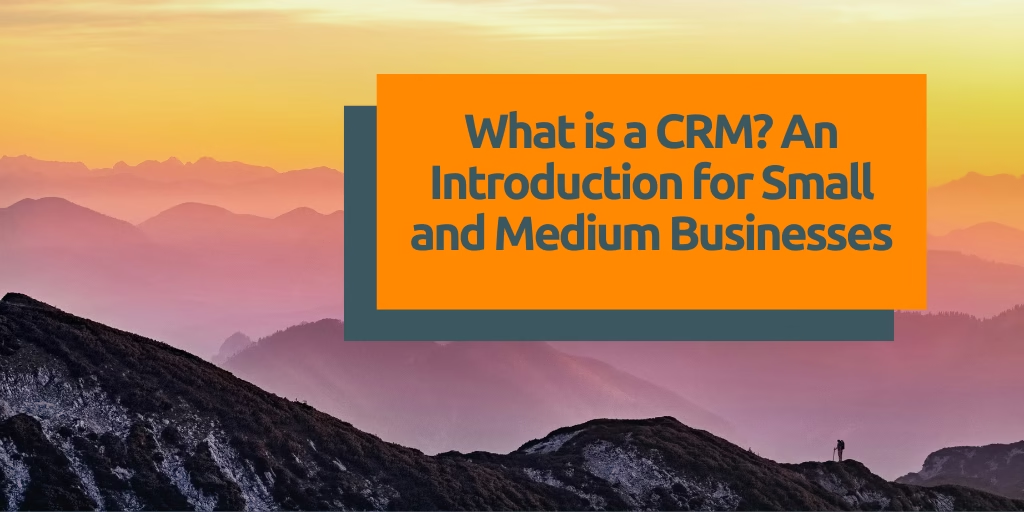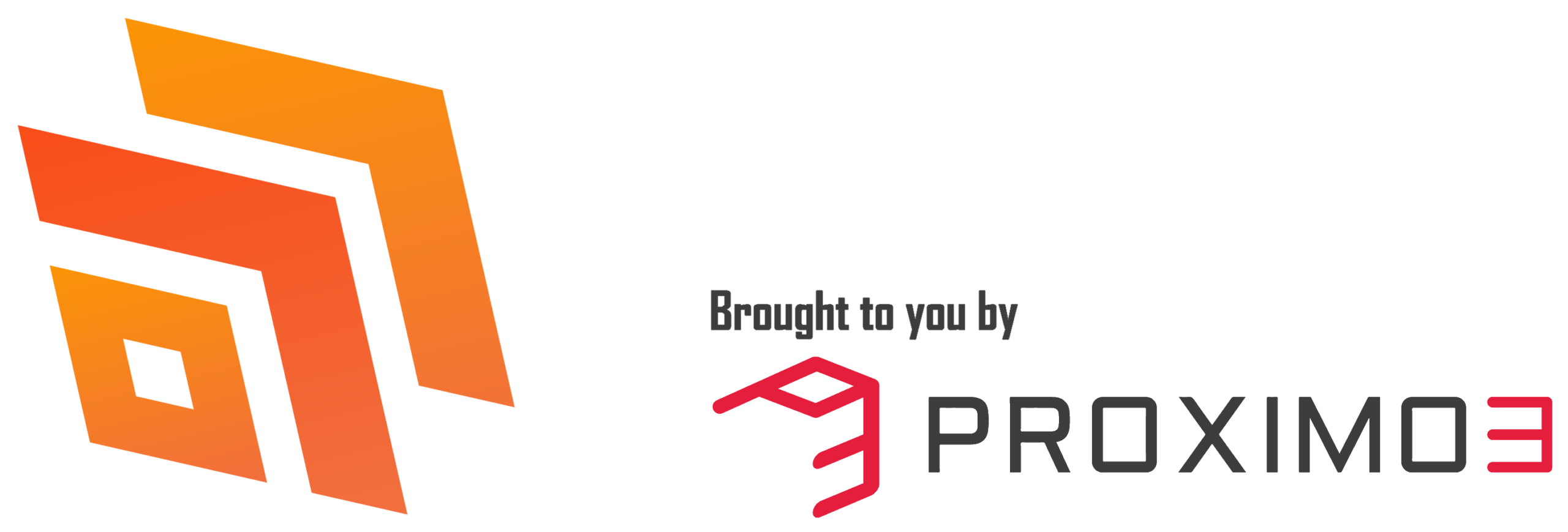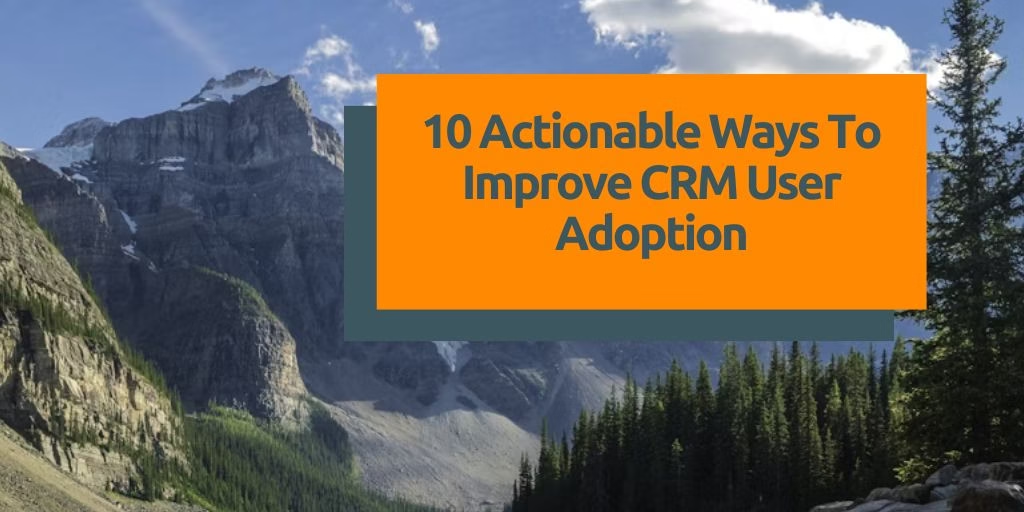Now Reading: What is a CRM? An Introduction for Small and Medium Businesses
-
01
What is a CRM? An Introduction for Small and Medium Businesses
What is a CRM? An Introduction for Small and Medium Businesses

If you’re running a small or medium-sized business, you’ve probably heard the term ‘CRM system’ mentioned. But what exactly is it, and why should you care?
A CRM stands for Customer Relationship Management. At its core, it’s a system that helps you keep all your customer details in one place, track interactions, support sales, and improve service. For small and medium businesses, it saves time, helps you stay organised, and grows with you. Start simple, get your team involved, and use it consistently. Done right, a CRM can improve customer satisfaction and help your business grow.
Key Features of CRM Systems
- It keeps all your customer information in one place
First and foremost, a CRM allows you to store all your customer details in one centralised location. From names and phone numbers to email addresses, everything is readily available at your fingertips. - It tracks your interactions with customers
Every time you speak to a customer, you can log it. Phone calls, emails, meetings – it’s all recorded. - It helps you sell more
CRMs enable you to keep track of potential sales, guiding you through each stage from initial contact to closing the deal. - It improves your customer service
When a customer calls with a problem, you can quickly see their history. This means you can solve their issue faster and make them happier. - It gives you useful reports
CRMs can analyse data and show you things like who your best customers are, which products are selling well, and how your team is performing.
How CRM Works in Practice
To illustrate how a CRM system functions in the real world, let’s consider a practical example. Imagine you run a small bakery. A new customer, Sarah, pops in and purchases a chocolate cake. Here’s how you might use a CRM in this scenario:
- Firstly, add Sarah’s details to your CRM.
- Next, log her purchase of a chocolate cake.
- Then, set a reminder to follow up with her in a week.
- When Sarah calls to express her delight with the cake, log this interaction.
- Subsequently, use the CRM to send Sarah an email about your new cupcake range.
- Later, when Sarah returns to buy cupcakes, update her record accordingly.
- Finally, run a report to identify Sarah as one of your top customers
Benefits for Small to Medium Sized Businesses
Implementing a CRM system can offer numerous advantages to small businesses:
- Time-saving
No more digging through emails or notes to find customer info - Helps you remember
If you can’t recall when you last spoke to a customer or what you promised them, the CRM will know - It grows with you
As your business gets bigger, the CRM can handle more customers and more complex processes. - Improves professionalism
When you can quickly pull up a customer’s history and preferences, you look organised and efficient. - Increases opportunities
The CRM can show you trends and patterns you might miss otherwise, helping you make more informed business decisions.

Getting Started with CRM
Starting with a CRM doesn’t have to be daunting. Many systems offer free or low-cost plans for small businesses. They’re often cloud-based, meaning you can access them from anywhere.
Top Tips for CRM Implementation
- Start small.
Don’t try to use every feature at once. Begin with the basics – adding customer info and logging interactions. - Get your team on board.
If you have employees, make sure they understand why you’re using a CRM and how it can make their jobs easier. - Be consistent.
A CRM only works if you use it regularly. Make it a habit to log every customer interaction. - Keep it clean.
Regularly update your customer info to keep it accurate. Old or incorrect data can lead to mistakes.

A CRM system can be a powerful tool for businesses of all sizes. By helping you manage customer relationships more effectively, it can help you grow your business and improve customer satisfaction.
If you would like to improve your customer relationships, a CRM might be just what you need.
The key to a successful CRM implementation is choosing a system that fits your business needs and using it consistently.
Frequently Asked Questions (FAQs)
Q: What does CRM stand for?
A: CRM stands for Customer Relationship Management.
Q: Is a CRM system only for large businesses?
A: No, CRM systems are beneficial for businesses of all sizes, including small and medium-sized enterprises.
Q: How much does a CRM system cost?
A: Costs vary widely. Many providers offer free plans for small businesses, while more advanced systems can cost hundreds of pounds per user per month.
Q: Do I need technical skills to use a CRM?
A: Most modern CRM systems are user-friendly and don’t require advanced technical skills. However, some training may be necessary to use all features effectively.
Q: Can a CRM system integrate with other business tools?
A: Yes, many CRM systems can integrate with other tools like email platforms, accounting software, and marketing automation systems.
Q: How long does it take to implement a CRM system?
A: Implementation time varies depending on the complexity of your business and the chosen system. It can range from a few days for basic setups to several months for more comprehensive implementations.
Q: Can I access my CRM system from my mobile phone?
A: Most modern CRM systems offer mobile apps or mobile-responsive web interfaces, allowing you to access your data on the go.
Q: How secure is the data in a CRM system?
A: Reputable CRM providers prioritise data security. However, it’s important to choose a provider with strong security measures and to follow best practices for data protection.
Q: Can a CRM system help with marketing?
A: Yes, many CRM systems include features for email marketing, campaign management, and customer segmentation to support your marketing efforts.
Q: How often should I update my CRM system?
A: It’s best to update your CRM system regularly, ideally after each customer interaction, to ensure your data remains current and accurate.
Useful links
What is a CRM? – read Microsoft’s information
Read an independent report on CRM systems
Further reading
The post What is a CRM? An Introduction for Small and Medium Businesses appeared first on All My Systems.
Check Verity Payne’s original post https://www.allmysystems.co.uk/what-is-a-crm-system-an-introduction-for-small-and-medium-businesses/ on www.allmysystems.co.uk which was published 2025-07-23 14:28:00
















